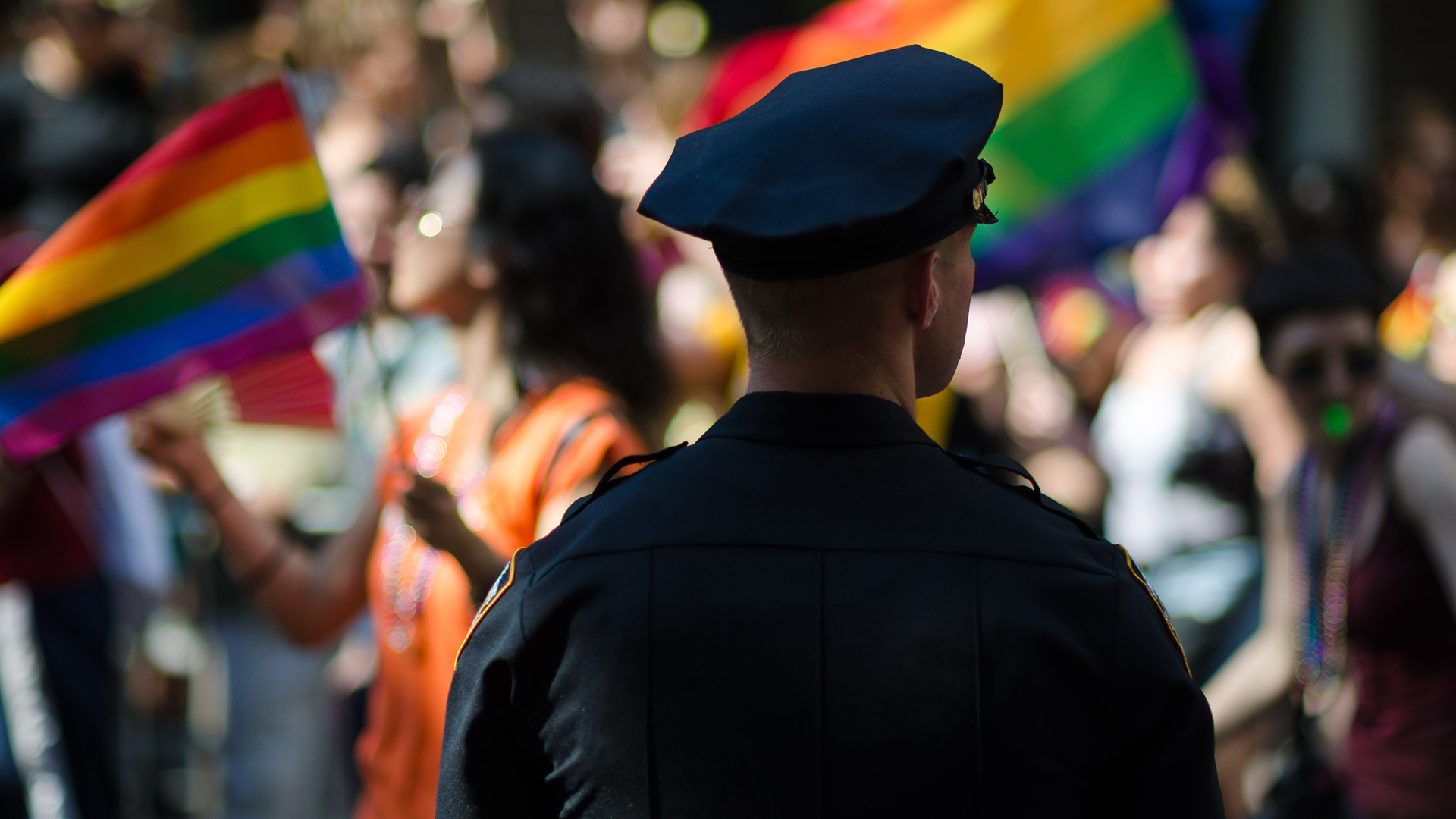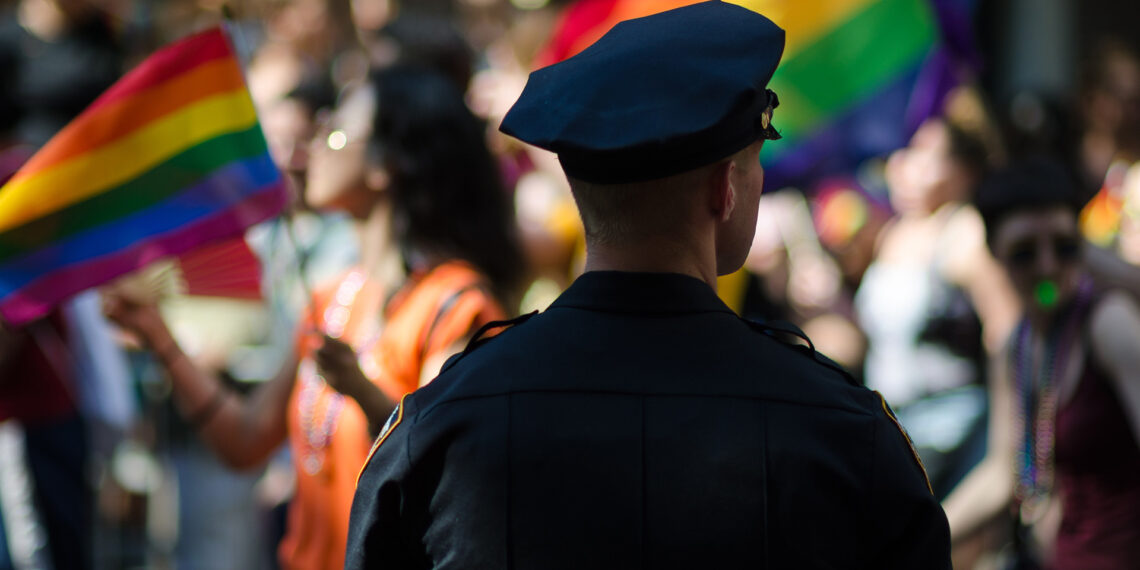[ad_1]

After being banned from joining the Denver PrideFest parade last year, LGBTQ law enforcement officers and first responders will be able to participate in this June’s parade.
The Center on Colfax, the nonprofit that organizes the event, decided to allow officers and first responders who identify as members of the LGBTQ community to participate after barring police last year in what organizers called an attempt to acknowledge “police violence aimed at the Black community,” a decision that turned out to be unpopular among the wider public.
“Well, our announcement last year about Denver Pride and not including police in that event was very controversial and very hurtful to a number of people in the community, most specifically LGBT police officers,” CEO Rex Fuller said. “We’ve tried to include as many opinions as we can and we’ve tried to come to the best compromise that we can.”
Last year’s decision referenced a fraught history with law enforcement and recent protests as reasons to ban police officers.
“In light of that history, as well as in solidarity with recent protests and concerns from the community, we have decided not to include law enforcement agencies in the festival or the parade,” Fuller said at the time.
The 2021 announcement prompted Aurora Police Sergeant Bill Hummel, who is gay, to issue an open letter in protest of the decision that garnered national attention. “Excluding the police and further fracturing the relationship that we are working to repair is not how we accomplish change,” he wrote.
After a year of listening and reflection, the 2022 decision will allow LGBTQ police officers to form a “marching contingent” called “Pride on Duty Colorado” as a compromise.
Fuller said that the decision to involve officers in this year’s event is also not without controversy, as many in the LGBTQ community have negative attitudes toward police. “The Pride movement really started in reaction to the Stonewall Riot back in 1969, which was a riot that came from police harassment of the LGBT community,” Fuller explained. “So relationships with the police have not always been what they are today.”
Fuller hopes that members of the community will accept the nonprofit’s efforts at inclusion. “When we announced this decision to officers to put this new LGBT group together, the reaction has been really positive,” he said.
The police members will also provide training and networking opportunities for other LGBTQ officers and first responders throughout the year.
[ad_2]




